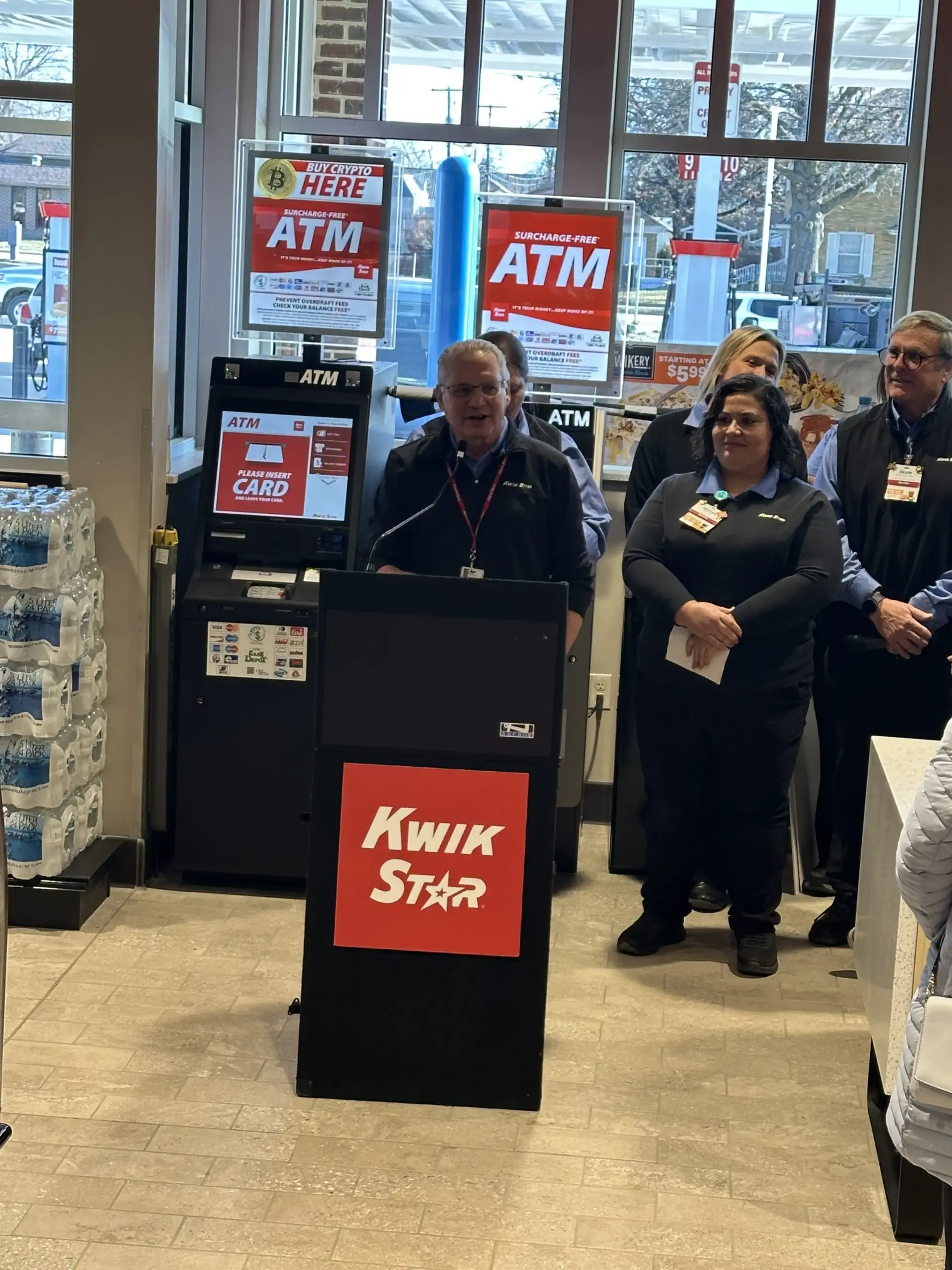Taylor Swift’s latest album, The Life of a Showgirl, has made a remarkable impact on the music industry, generating over $150 million in sales within weeks of its release. This success stems from a marketing strategy that has been described as one of the most aggressive in pop music history. According to industry insiders cited by Rob Shuter’s Substack, Swift’s twelfth studio album sold more than 4 million full units shortly after its launch.
At the outset, Swift’s team implemented a tactic known as controlled scarcity. They blocked single-track purchases on platforms like iTunes, compelling fans to buy the entire album. Once weekly sales began to wane, they lifted this restriction, leading to an immediate surge of seven songs entering the iTunes Top 100. Notably, “The Fate of Ophelia” debuted at No. 1, closely followed by “Opalite.”
Innovative Collectible Editions Spark Sales
To further capitalize on the initial momentum, Swift introduced a variety of deluxe packages and collectible versions of the album. These included glitter vinyl, metallic editions, signed inserts, and exclusive artwork, all of which quickly sold out. An executive from a major label remarked, “She’s monetizing nostalgia and obsession at the same time.”
This strategic approach has not only generated substantial profits but has also allowed Swift to surpass her own previous chart records. The Life of a Showgirl broke the record for the largest first-week album sales, previously held by Adele’s 25, moving 3.5 million units in just five days, as reported by The Guardian.
Despite the impressive numbers, the rollout has sparked backlash among fans. Swift has released over 34 versions of the album, including 27 physical formats—18 CDs, eight vinyl LPs, and one cassette—along with seven digital editions. The latest addition, the Deluxe So Punk on the Internet Version, arrived weeks after the initial release, prompting criticism that the marketing strategy has devolved into a mere “cash grab.”
Reshaping the Music Market
Retail insiders are noting that Swift’s multi-variant model is reshaping the landscape of physical music sales. Doyle Davis, co-owner of Nashville’s Grimey’s New and Preloved Music, explained, “If you buy four versions, you’re buying four records.” Each version counts toward chart totals, which provides Swift with a significant competitive advantage.
This marketing playbook is consistent with her previous albums. For instance, The Tortured Poets Department featured 36 variants, Midnights had six, and Folklore offered ten. Nevertheless, the scale of the rollout for The Life of a Showgirl has ignited discussions about whether the boundaries between fandom and commercialism have blurred excessively.
As one industry source noted, “She’s turned the collector mentality into a billion-dollar business model—and no one else comes close.” Swift’s ability to leverage scarcity and create excitement around her releases highlights her formidable influence in the music industry, setting a new benchmark for album sales and marketing strategies.







